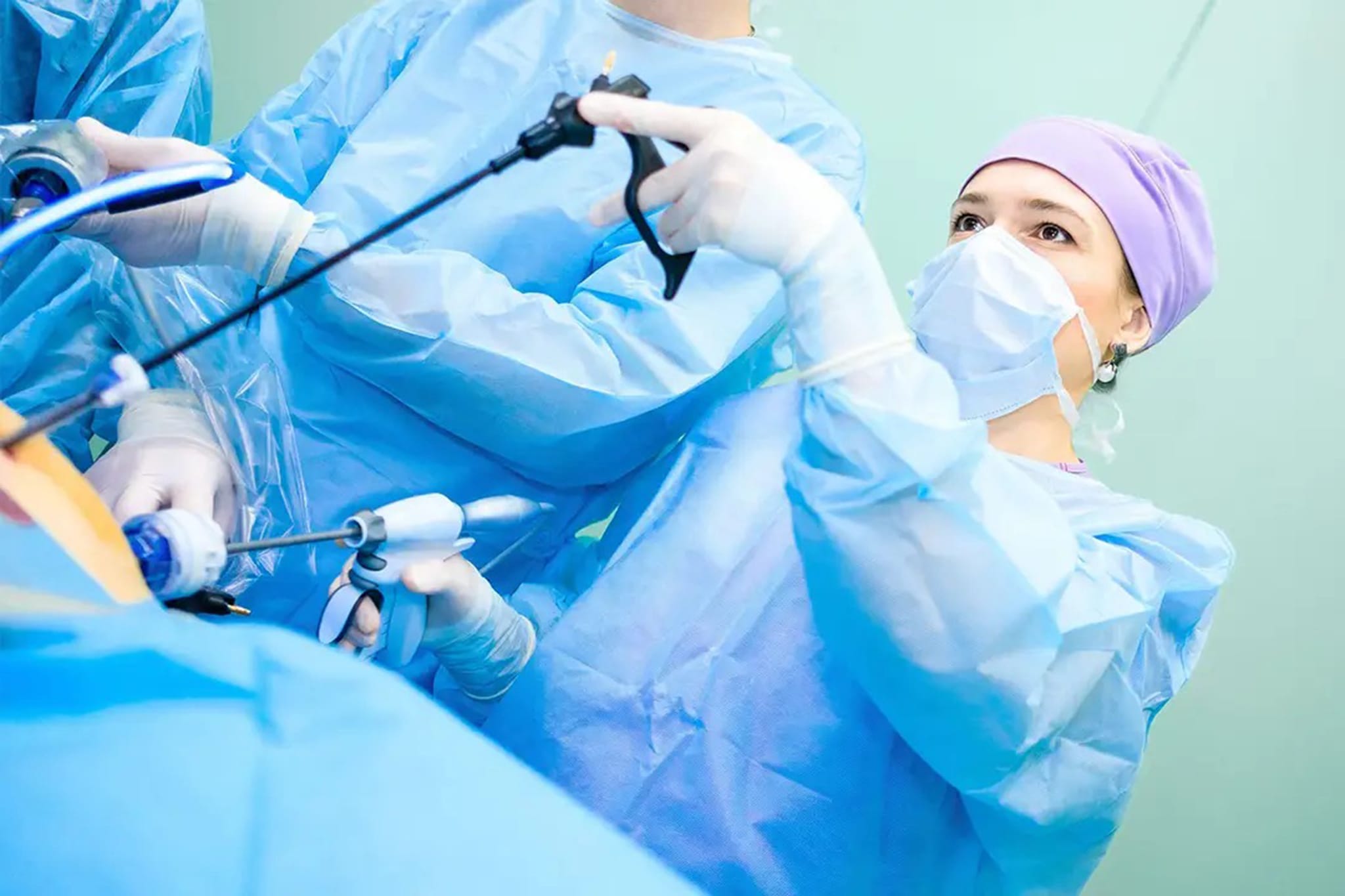refresh physio
gynaey surgery
Overview
Gynaecological Surgery & The Role Of Physiotherapy
Gynaecological surgery is at times, necessary for conditions that affect pelvic health, including:
- Pelvic organ prolapse & incontinence
- Hysterectomy
- Endometriosis & adenomyosis
- Ovarian & fallopian tube conditions
- Fibroids & heavy menstrual bleeding
- Pelvic pain & adhesions
- Cancer & precancerous conditions
- Congenital surgeries
- Gender-affirming surgeries
For many women with long-standing pelvic floor dysfunction, movement has become something to fear—associated with discomfort, uncertainty, or even pain.
With the right guidance, revising how to move with confidence & control can significantly enhance recovery.
Gynaey Surgery
Pre & Postoperative Physiotherapy
Pre & postoperative physiotherapy will cover everyday activities that support healing & prevent inappropriate strain. This may include discussion around:
- Bowel health & toileting positions – which can impact pressure on the pelvic floor area
- Healthy lifting & bending techniques (because lifting & bending are healthy) that encourage the leg muscles to complement the way the back moves or support the healing structures
- Optimising appropriate breathing strategies to minimise intra-abdominal pressure & support recovery
- Tailoring a graded return to exercise, helping to rebuild strength & fitness. Physical activity levels may well have been sacrificed over time due to pelvic dysfunction & it’s impacts. The aim is to not only help improve on pre-surgical fitness levels but more broadly encourage regular physical activity for maintaining health, preventing metabolic diseases & enhancing overall well-being.
Gynaey Surgery
Small Modifications
Often, small modifications can make a lot of difference. An exercise that feels ‘unsafe’ can become safe & beneficial by:
- Adjusting body position for better support
- Ensuring proper breathing to prevent unnecessary strain
- Altering technique to maximise use of the large muscle groups & reduce pressure on the pelvic floor region
- Thinking more positively
Research now shows that it is recommended to advise women to return to their pre-surgery physical activities as soon as they feel able (O’Shea et al, 2023) & that women who did resume unrestricted activities in the first three months following prolapse surgery had better pelvic floor outcomes than women who were advised to avoid all lifting & daily household physical activities (Mueller et al, 2017).
It is important to be guided by your surgical specialist, who can provide advice based on your specific procedure.






